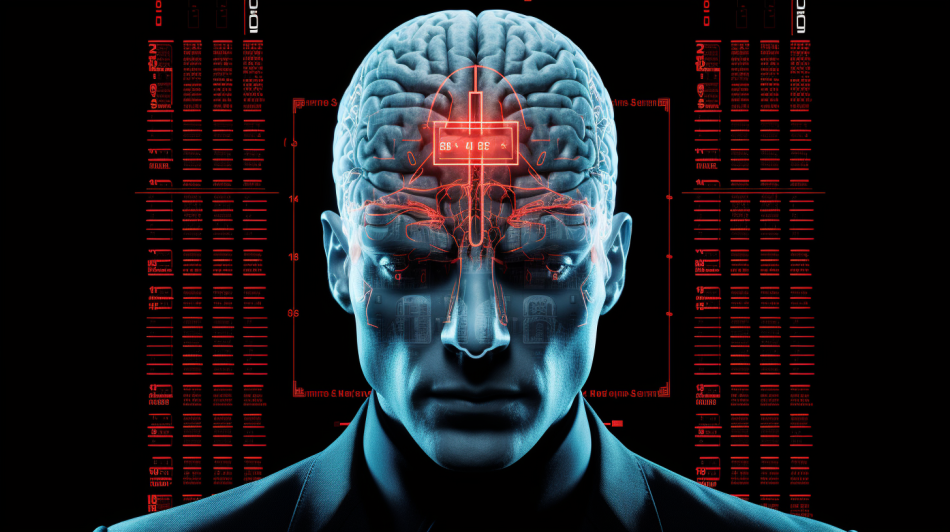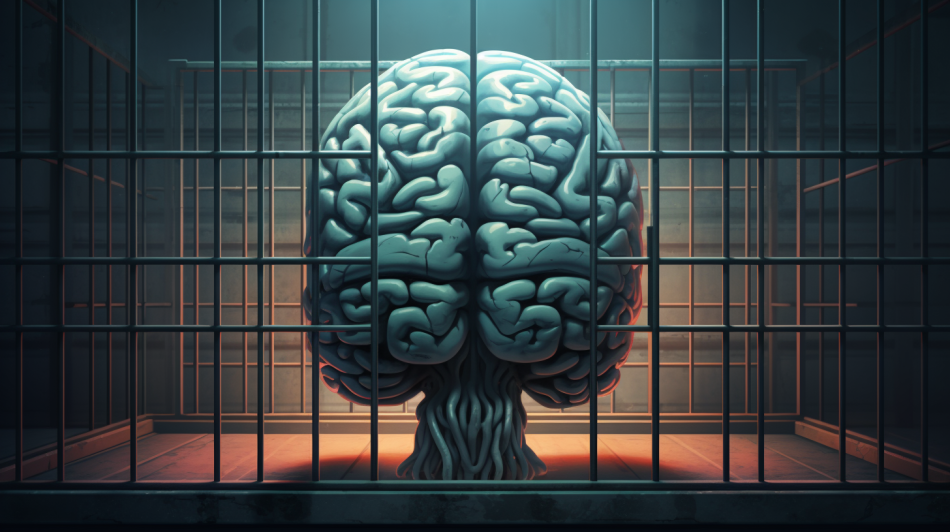Social Isolation & Suicide Risk: A Major Public Health Issue & Modifiable Risk Factor
Suicide is a leading cause of premature death worldwide. Social isolation is increasingly recognized as a major risk factor for suicide. Thorough understanding of this relationship is crucial to guide prevention efforts and policy. Key Facts: Nearly 800,000 people die by suicide each year globally, with many more attempting suicide. Social isolation significantly increases suicide …










